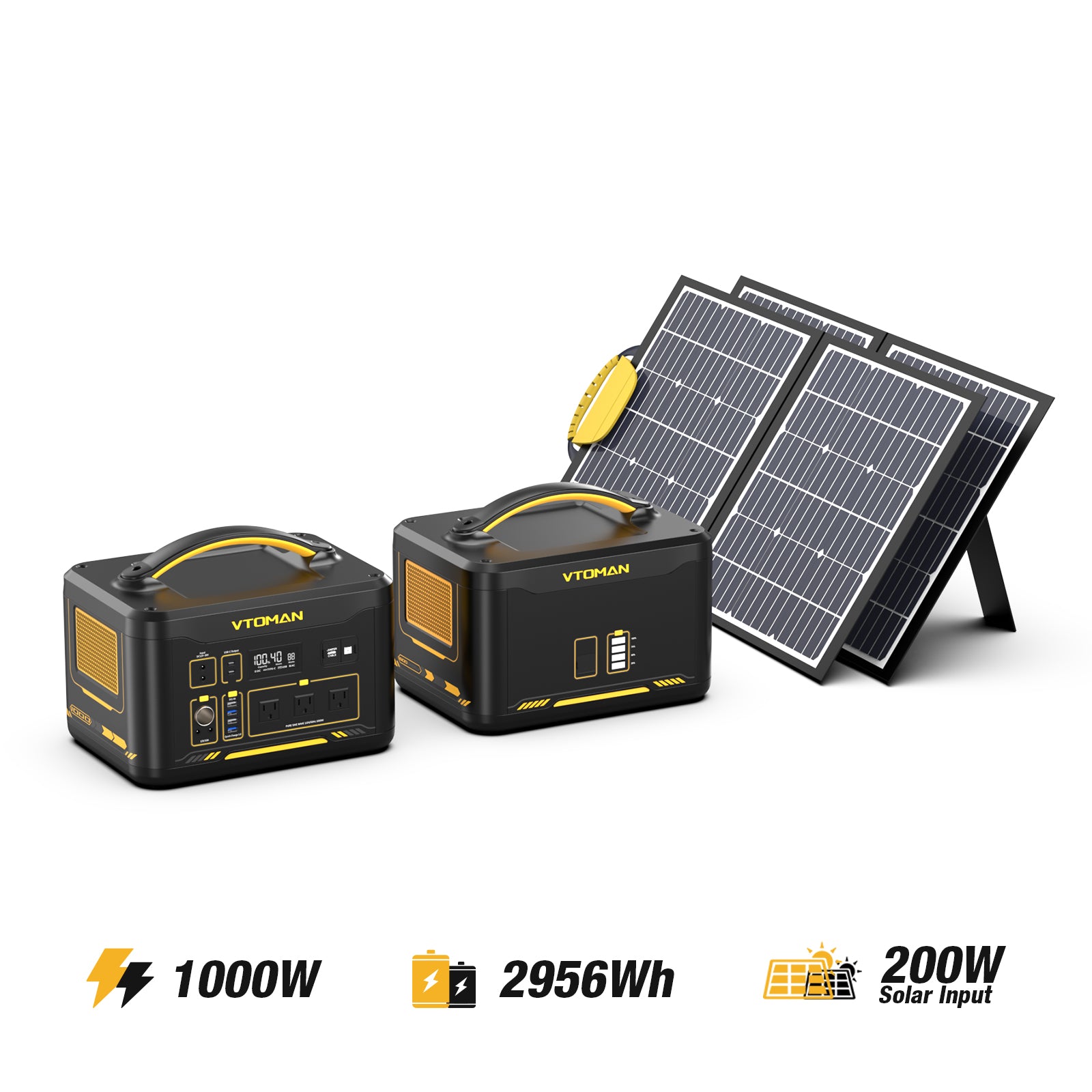Exploring the Different Types of Backup Generators for Industrial Use
Body
When it comes to ensuring uninterrupted power supply for industrial operations, backup generators play a crucial role. These reliable machines provide a backup power source in the event of a power outage, allowing businesses to continue their operations without any disruption. In this article, we will explore the different types of backup generators specifically designed for industrial use, their features, and their benefits.

Understanding the Importance of Backup Generators
Before delving into the different types of backup generators, it is essential to understand why they are vital for industrial use. Industrial operations heavily rely on a consistent and uninterrupted power supply to keep their machinery, equipment, and processes running smoothly. Any power outage can result in significant financial losses, production delays, and even safety hazards. Backup generators act as a reliable insurance policy, ensuring that businesses can continue their operations even during power outages.
Exploring Diesel Generators
Diesel generators are one of the most common types of backup generators used in industrial settings. These generators are powered by diesel fuel, which is readily available and offers a high energy density. Diesel generators are known for their robustness, durability, and ability to provide a stable power supply for extended periods. They are capable of handling heavy loads and are often used in industries where a large amount of power is required, such as manufacturing plants and data centers.
One of the key advantages of diesel generators is their fuel efficiency. They consume less fuel compared to other types of generators, making them a cost-effective choice for long-term backup power solutions. Additionally, diesel generators are known for their reliability and can start up quickly, ensuring minimal downtime during power outages.
Exploring Natural Gas Generators
Natural gas generators are another popular choice for industrial backup power. These generators are powered by natural gas, which is a clean-burning fuel and readily available in many industrial areas. Natural gas generators offer several advantages, including lower emissions, quieter operation, and lower fuel costs compared to diesel generators.
One of the key benefits of natural gas generators is their ability to provide a continuous power supply for an extended period. They are often used in industries where a reliable and uninterrupted power source is critical, such as hospitals, data centers, and telecommunications facilities. Natural gas generators are also known for their quick startup time and low maintenance requirements, making them a convenient choice for industrial use.
Exploring Biogas Generators
Biogas generators are an environmentally friendly option for industrial backup power. These generators utilize biogas, which is produced through the decomposition of organic waste materials such as agricultural waste, food waste, and sewage. Biogas generators not only provide a reliable backup power source but also contribute to sustainable waste management practices.
Biogas generators offer several advantages, including reduced greenhouse gas emissions, lower operating costs, and the potential for energy self-sufficiency. They are commonly used in industries that prioritize sustainability and environmental responsibility, such as wastewater treatment plants, agricultural facilities, and food processing plants.
Conclusion
Backup generators are essential for ensuring uninterrupted power supply in industrial settings. Whether it's diesel generators, natural gas generators, or biogas generators, each type offers unique features and benefits to cater to different industrial needs. By investing in a reliable backup generator, businesses can safeguard their operations, minimize downtime, and maintain productivity even during power outages.
For more information on backup generators for industrial use, please visit the following credible sources:












Comments